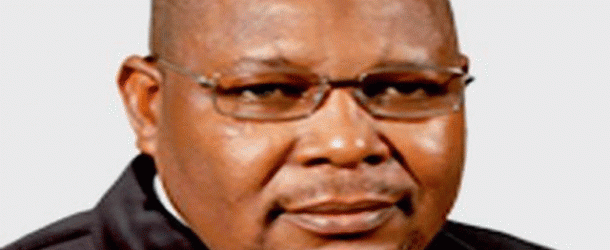The Federal Executive Council on Wednesday approved a medium-term debt management strategy in view of the nation’s alarming debt portfolio put at about N6 trillion.
Yerima Ngama, the Minister of State for Finance, who briefed correspondents after the meeting. said urgent steps needed to be taken to arrest the rising domestic debts portfolio.
“Today at council, we presented the medium term debt management strategy that will outline the strategy we intend to pursue for the period of this year up till 2015 and we presented the positions as it is and also several options and we made our recommendation,” he announced.
Ngama said the strategy was put together “because of the current situation we find ourself as far as the structure and level of our debt is concerned. The structure of our debt is not optimal. The bulk of the debt of our country, in fact 80 per cent, is domestic and only 20 per cent is foreign debt.”
The medium-term strategy, he disclosed, was developed by the Ministry of Finance in conjunction with the Debt Management Office while the Central Bank of Nigeria developed a medium-term debt management strategy, with input from the National Bureau of Statistics, the World Bank and the International Monetary Fund.
Ngama lamented the huge domestic debts, saying: “We have a total of over N6 trillion worth of debt.
“However, it is not just the level but the cost of servicing that debt.
“Nigeria has one of the highest interest rates in the developing world and if there are high levels of debt then debt servicing will become very expensive.
“So the position as it is, is not good enough.
“We have high interest rate, high debt service.
“Last year alone, we paid about N699 billion to service the debts.
“We have been having deficit of about N1 trillion every year in the budget because of huge increase in the salary bill and this has to be financed by raising more and more domestic debt.
“So, actually we are in a spiral of continuously increasing domestic debt.”
According to the minister, four options were presented to the Council, saying the third one, which favours assessing cheaper foreign loans to pay off the domestic debts, was approved.
He said: “The third option is to see how we can access concessionary windows or raise cheaper foreign loans and use them to actually pay down the more expensive domestic debts.
“Once we tilt the structure, from 84 per cent to 16 per cent while the 16 per cent is non concessional, then the domestic and foreign will also tilt to that.
“So, we can have may be 40 per cent foreign debt and 60 per cent domestic debt.
“If we do that after we play it out, we are going to reduce out total debt burden to .5 per cent by the year 2015 and we think that is better than the level we are today, which is just 2.2 per cent.
“So, when we do that, we can bring a lot of benefits to the country and we will manage the finances free and also reduce the cost of borrowing and that mixed option is the one that the Federal Government approved and we are happy for that approval.
“And one thing is that we are not just going to do it overnight.
“We won’t just start taking loans from abroad or selling bonds.
“We will do it very gradually.
“We are going to have a smooth transition so that everything is well managed and that there is no shock to the system.”
Asked why the government at all levels continued to assess foreign loans even when domestic loans are growing, the Minister of State insisted that the country was still under-borrowing considering the huge size of the economy.
He said: “We are very careful in selecting the type of loan we get.
“The debt right now is about 18 per cent of our GDP, which means we are under-borrowing as a nation compared to the total economic activities in this nation.
“We should borrow more.
“The standard is 40 per cent.
“It is when you exceed 40 per cent that people may say you have slightly over-borrowed.
“If you go to Europe, some countries are 80 per cent, some are 100 per cent of the GDP.
“But when we are below 20 per cent, we are under-borrowing compared to the size of our economy.
“When you look at our economy, we are middle income country.
“Nigeria is not a low-income country.
“So, as a country, we are under-borrowing.”
Previous ArticleNPFL: Heartland dim Shooting Stars
Next Article Immortalise Achebe, Senate tells FG


